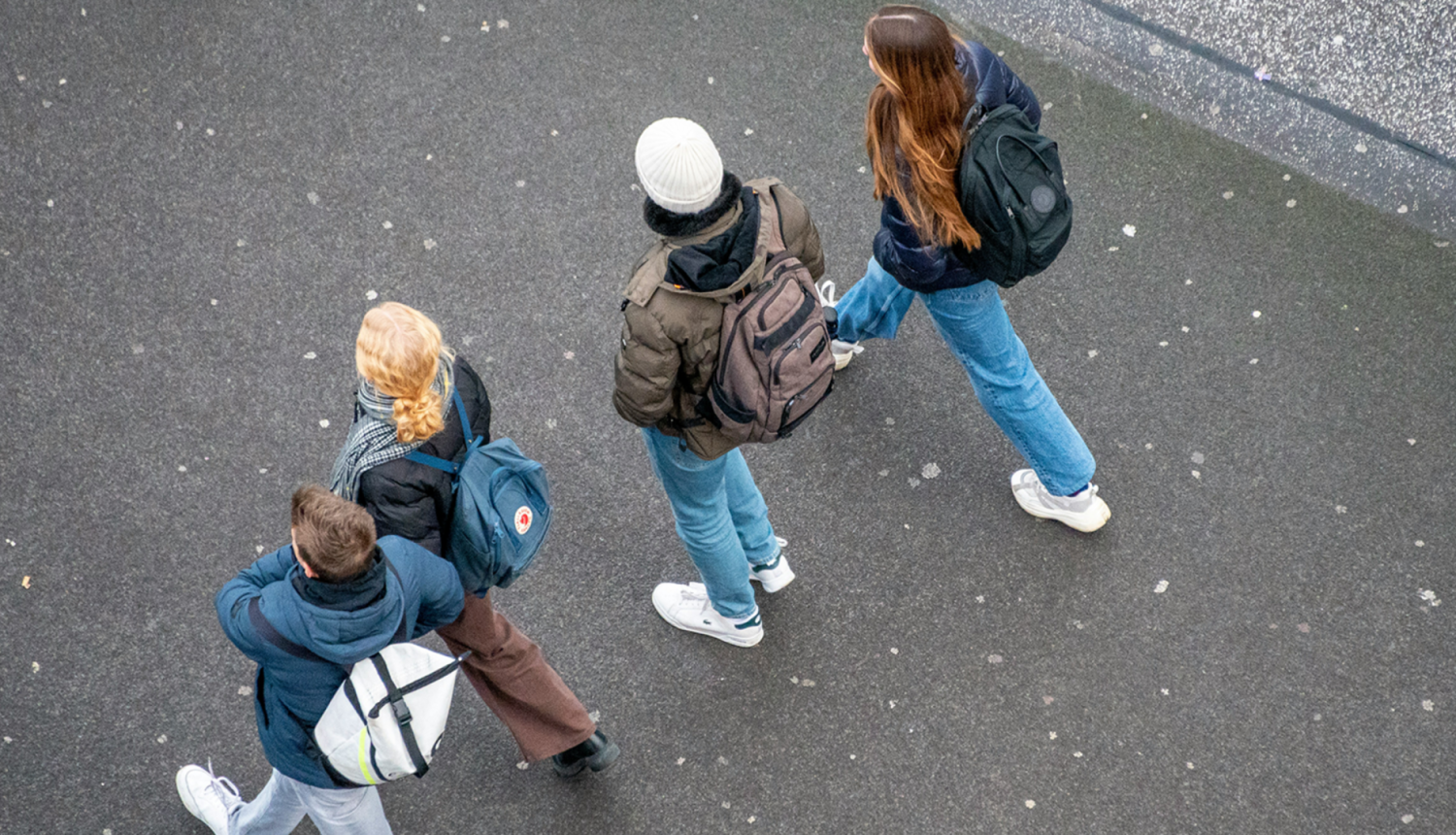Latvian students have the potential to become active citizens, but currently some young people choose to stay on the sidelines—they do not feel heard, believe their voices make no difference, and feel that relationships within the school should foster a stronger sense of belonging.
These are the conclusions drawn in the latest secondary analysis study conducted by the Institute of Educational Research at the University of Latvia, based on data from the international education studies IEA ICCS and OECD PISA 2022.
In Latvia, the level of student participation both in schools and in society at large remains relatively low. However, the data also reveal some positive aspects. Latvian students are more likely than many of their European peers to discuss social and political issues with their families and friends—this points to a growing interest in societal developments. Compared to other countries with similar socio-economic conditions, Latvian students demonstrate an average to good understanding of social and political topics. This is a valuable resource that can be further developed if the school environment offers support and opportunities for action.
The study also highlights a strong link between students’ sense of belonging at school and their engagement in civic activities. The stronger the relationships with teachers and peers, and the more open and inclusive the school environment, the more active and civically engaged the students tend to be.
“According to social learning theory, children learn behaviour by observing and imitating adults—especially behaviours that are reinforced by positive outcomes. This idea is reinforced by the results of our secondary data analysis, which shows that the interaction between environment, teachers, and parents has a positive impact on students' choices, actions, and sense of belonging. We observed this correlation clearly when constructing civic attitude profiles of students and analysing data from teacher focus groups,”
notes Ireta Čekse, Head of the ICCS study.
The report identifies three main student groups or “civic attitude profiles”, which reflect the diversity in students’ participation and sense of belonging.
-
Motivated and active students, who participate in both school and community activities. These students feel a strong sense of belonging at school, are often higher academic achievers, and tend to come from families that provide support.
-
Disengaged or disillusioned students, who often feel unheard and believe that participation is not worth the effort because “nothing will change.” These students tend to have lower levels of trust in school and society and rarely engage in civic activities.
-
Undecided or neutral students, who may participate occasionally—usually when they feel an emotional connection to an issue or see immediate relevance.
The study pays particular attention to the role of student councils. If a student council operates only in a formal or symbolic way, it fails to achieve its core purpose—helping students feel that their voices matter. In schools where students are entrusted with responsibilities and genuinely involved in decision-making, they report feeling safer, more motivated, and a stronger sense of community.
Teachers also play a critical role—not only in imparting knowledge but also in fostering dialogue and showing respect for students' opinions.
The study also explores students’ sense of identity in the context of the European Union (EU). Among Latvian students, European identity is closely linked to their civic knowledge and the school environment. While overall sense of European belonging in Latvia is lower than the EU average, it is comparable to other countries with similar socio-economic backgrounds and can be strengthened by deliberately enhancing civic education approaches.
The report stresses that in order for students to become active and responsible members of society, student councils are one of the key mechanisms for fostering early civic participation. Their existence alone is not enough—it must be followed by active, meaningful engagement, supported by teachers and relevant to students’ lives. Students who feel a strong sense of belonging to their school are significantly more likely to be active participants in society.
A more detailed overview of the study “International Civic and Citizenship Education Study – IEA ICCS 2022: Secondary Data Analysis Report” is available [here].



